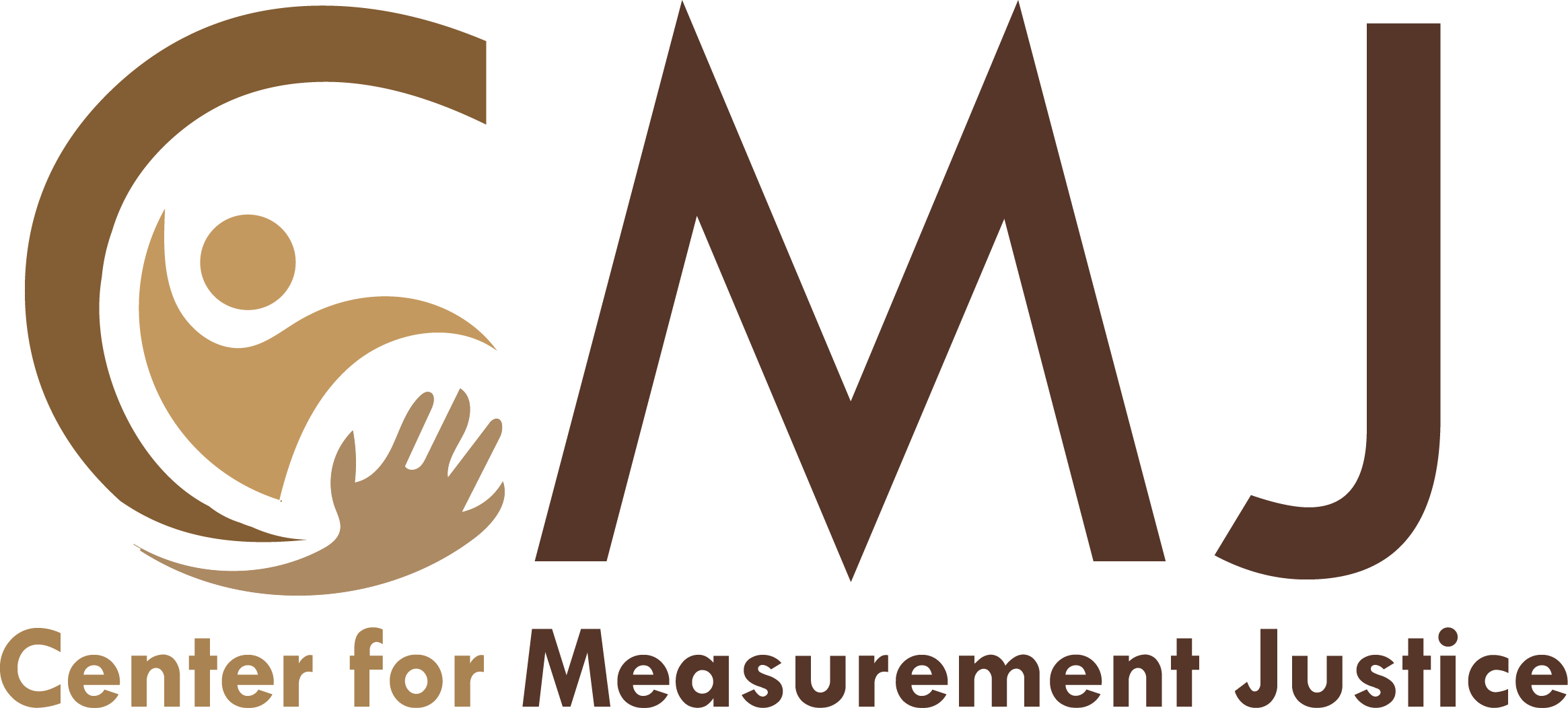Why Antiracist Education Matters
Asked and Answered
What’s wrong with how U.S. schools assess their students?
Black, Brown, and Indigenous students have historically been marginalized by and through our current systems of assessment. The assessments given to students at all levels – from individual quizzes in elementary school classrooms to standardized district/state-level tests used for accountability purposes to admission tests like the SAT and ACT – routinely include questions that disadvantage students from marginalized communities who grow up in different social, economic, and familial contexts than their counterparts.
That causes three problems. First, differences in test scores are used to substantiate false narratives of marginalized students’ inferiority and deficiency. Second, faring poorly on large-scale standardized tests in elementary or secondary school can keep children from being moved into a higher grade or accepted into honors programs or highly-selective magnet schools. Third, the use of assessments to reduce educational inequities have in fact exacerbated them by increasing high school dropout rates and encouraging curriculum changes that avoid topics of cultural significance to Black, Brown, and Indigenous students.
Isn’t the problem really with the schools and not the assessments themselves?
Many people argue that assessments reflect, but don’t cause, the long standing educational inequities. To be sure, systemic racism has shaped education policies that have underfunded and under-resourced schools in Black and Brown neighborhoods for decades. Differences in opportunities to learn are likely reflected in test score disparities. Education reform leaders – especially in Black communities – have been fighting for decades to improve learning conditions for marginalized students.
At the same time, educational assessments themselves are also a significant driver of educational inequities. The same racist assumptions that underpin our school systems are also embedded in the very fabric of assessment design, use, and interpretation. Assessments fail to represent the ways of knowing and understanding of marginalized students, and as a result present significant barriers to them. CMJ focuses its work on improving those assessments.
What makes the current assessment system so flawed?
Tests, quizzes, writing assignments, and class projects are necessary tools to gather information about what students know and are able to do, but current assessments ignore and even degrade the ways of knowing and understanding historically marginalized people. In a 2009 interview, Edd Taylor described how he observed students from a low-income African American community negotiating the purchase of snacks at a local corner store relying on numerous mathematical understandings including place value. Yet, when those students were given an assessment on place value they appeared to have little or no proficiency at all. In another example, he describes how students can calculate 10% of their income for tithing purposes, but not 10% of a number on formal assessments. The point is cultural context matters; and any assessment that seeks to remove that context is inherently flawed and less likely to be an accurate assessment of what students know and are able to do.
What is the solution?
Everyone involved in the assessment development process – from the local, district and state officials who decide which ones to use to those who create them – should acknowledge the flaws of the current system. We need to create new assessment approaches that ensure all students, especially those from Black, Brown, and Indigenous communities, are valued and affirmed. We need to use educational measurement as a tool to undo a history of harm to these communities. These are key parts of what we call “measurement justice.”
Who will benefit from improving the assessment system?
A measurement justice approach to assessment will bring tangible benefits to educators, parents, and students across all sociocultural identities. It centers the Black, Brown and Indigenous students who have been historically marginalized in our education system, and the benefits are not limited to those communities. Indeed, all learners will gain from the widespread adaptation of assessment practices that counter negative stereotypes, provide accurate historical perspectives, and allow for multiple paths to demonstrating knowledge. Building an assessment approach which ensures that students of every race and socioeconomic background can achieve their full potential is a responsibility shared by all test developers, educators, researchers, and school administrators.
What is the Center for Measurement Justice (CMJ)?
CMJ is a research institute with a practical vision. We are a community of scholars, educational measurement professionals, and advocates dedicated to developing anti-racist assessment approaches and ensuring that they’re incorporated into all levels of teaching and assessment. We work for and with the most marginalized populations actively disrupting and dismantling systems and processes of oppression manifest in current assessment/measurement practices.
What does CMJ do?
CMJ aims to transform assessment research, development, and practices so that they value and better serve marginalized students. We move towards this goal by producing research on the impact, methods, and implementation of socially just assessments; increasing the number of Black, Brown, and Indigenous scholars in the educational measurement field through research grants, internships, and mentorship opportunities; and by providing data-informed guidance to state and local districts – as well as major testing companies – on their assessment practices.
